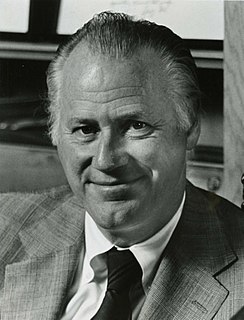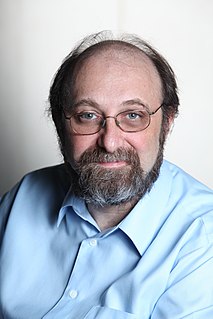A Quote by Tom Frieden
Some hospitals screen all ICU patients and isolate those with MRSA, a process that can be challenging for both caregivers and patients.
Quote Topics
Related Quotes
Money spent on vegetative patients is money not spent on preventive care, such as flu shots and mammograms. Each night in an ICU bed for such patients is a night that another patient with a genuine prognosis for recovery is denied such high-end care. Every dollar exhausted on patients who will never wake up again is a dollar not devoted to finding a cure for cancer.
I am a spiritual person. I'm a Catholic. I treat my patients, the dead patients, as live patients. I believe there is life after death. And I talk to my patients. I talk to them, not loudly but quietly in my heart when I look at them. Before I do an autopsy, I must have a visual contact with the face.
Pretty much everybody knows there are not enough organs for all of those patients who need to get transplants, and what happens is, is that organs are actually directed in liver transplantation to those patients who are the sickest. So the patients who have the greatest chance of dying in the next three months or so are the ones who get the priority for the liver transplant.



































